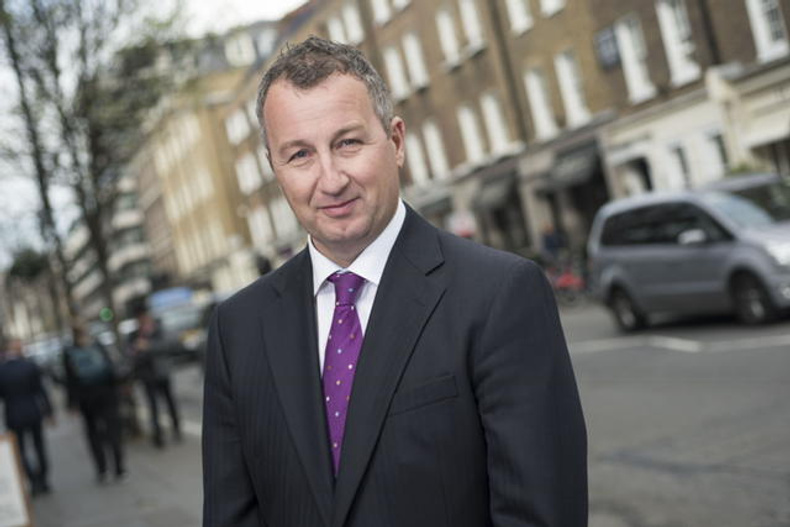Council tax attack on second homeowners highlights broken business rates system - Colliers

Local and central governments are still losing out on millions of pounds of council tax income, according to business rates experts Colliers.
This is because despite latest regulations, the current business rates system continues to give many holiday-home and second homeowners the opportunity to avoid paying the tax, provided they make their properties available to rent and rent them out for just 10 weeks of the year.
Colliers estimate the total loss to government due to the system of business rates relief for holiday lets in England and Wales alone is now around £172 million a year (2024/2025) - a significant sum that could certainly have helped bridge the gap in local government finances.
Under latest regulations, property owners who make their properties available to rent as holiday lets for 140 days of the year and let them as commercially as self-catering accommodation for short periods of 70 nights or more, can claim they are a small business and as such can elect to pay business rates instead of council tax.
As small businesses they can then claim for relief on 100 per cent of the business rates payable if their properties have a rateable value of less than £12,000.
Those properties with a rateable value between £12,000 and £15,000 are also entitled to a relief on a sliding scale in line with the current business rates relief policy.
Although the previous Government was trying, through tighter regulation, to reverse the trend of holiday homeowners “flipping” from the council tax to business rates system to avoid paying any tax, the figures are still too high.
Colliers has analysed the rating list for the Southwest of England (Cornwall, Devon, Dorset and Somerset ) and found that the total number of properties on the list that claim 100 per cent business rates is 23,412, only slightly down from 23,817 last year.
If these 23,412 properties which currently pay neither business rates or council tax paid basic council tax, the local councils would benefit by over £55 million or more.
The Southwest holiday let business represents 29 per cent of the total holiday lets in this bracket in the UK.
John Webber (pictured), head of business rates at Colliers said: “Although current measures in place are tighter than they have been in the past, they are just not strong enough to deter second property owners “flipping” into the business rates list and thus reducing the local authority’s ability to collect funds.
“Local authorities seem to have managed to return some properties to the council tax lists, but this is still not enough.
“A second homeowner can still let out their property for only 10 weeks of the year and therefore avoid paying any business rates or council tax. The fact that the number of properties entering the business rates lists remains high, is a testament that the measures are not working.”
Webber fears that current policy towards second homes could make the situation even worse, unless amended by the new Labour administration.
Looking at England and Wales as a whole, Colliers estimate that there are now over 79,874 holiday let properties in the business rates lists in England and Wales that are eligible for 100 per cent business rates relief, and as such do not pay business rates or council tax. Although this is down on last year, when the comparable figure was 85,044 properties, Colliers estimate this is reducing local authority income to around £172 million a year.
Webber continued, “Despite posturing little was done by the previous government in the last five years to properly reform the business rates system. This is especially extraordinary given the pressure on local authority finances, and the subsequent need for central government to fill any gaps.
“While Local Authorities may be compensated by Central Government in some respects for these losses in council tax, the point is less money will be collected locally which will mean less to spend on services or on affordable housing that local residents actually need.”
“Three years ago, we estimated the loss of income to government was £110 million, two years ago it was £150 million and last year it was £170 million. This year the figure is £172 million. Such losses have mounted up over the years, with the government increasingly needing to bail out local authorities. The new government should reform the whole system and do it thoroughly.”
